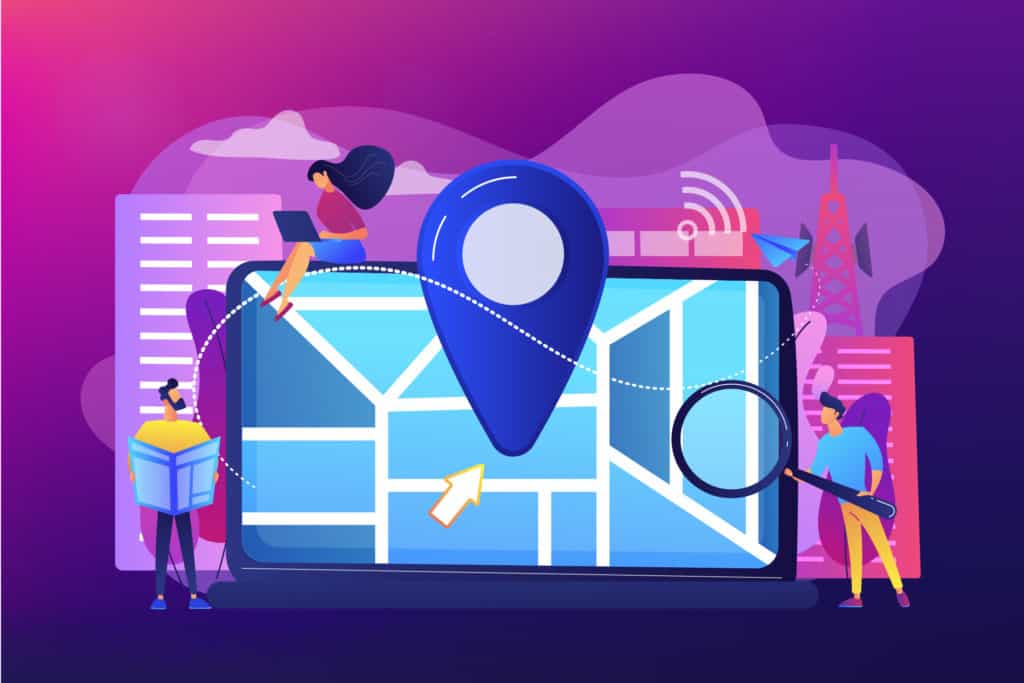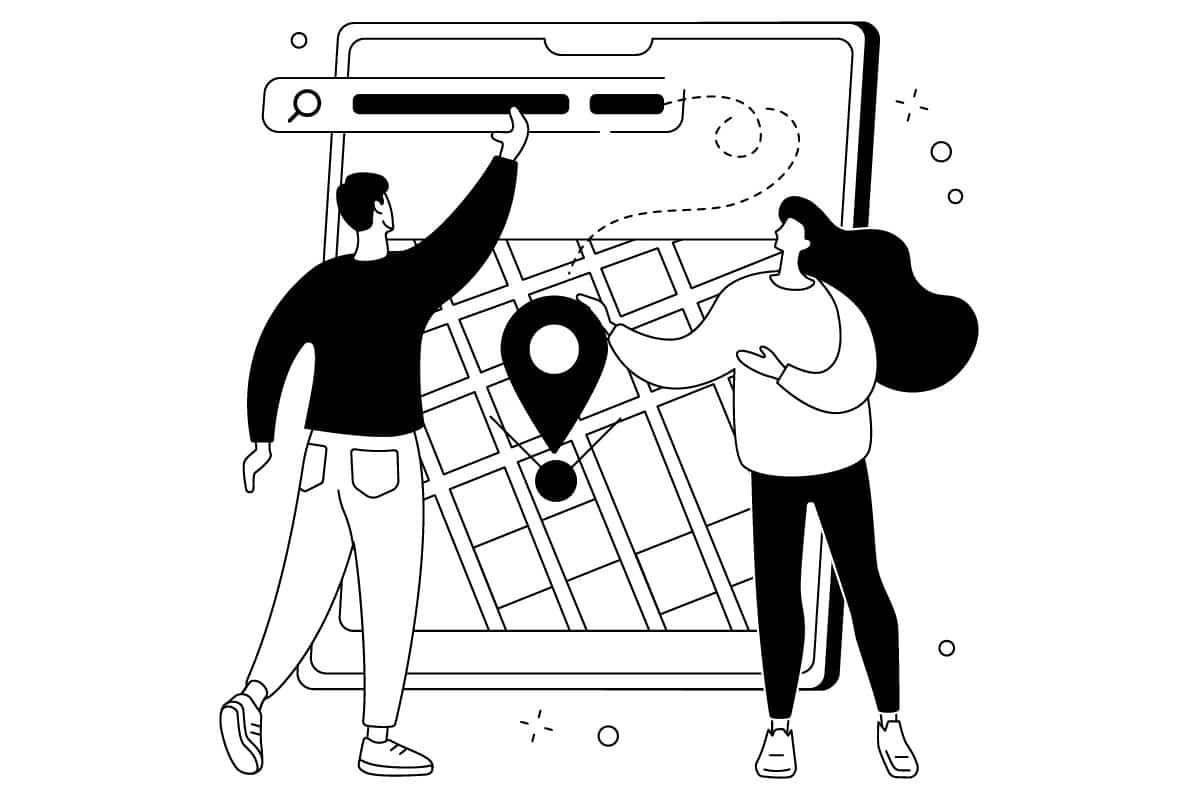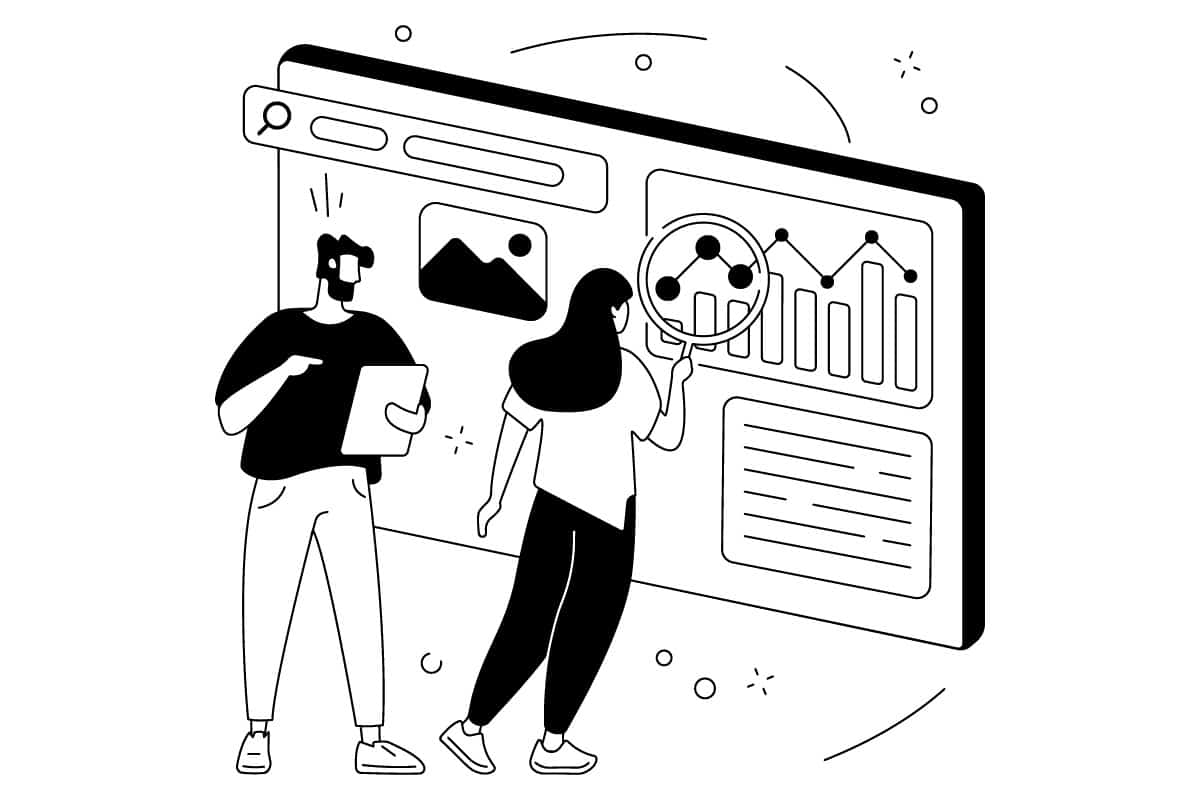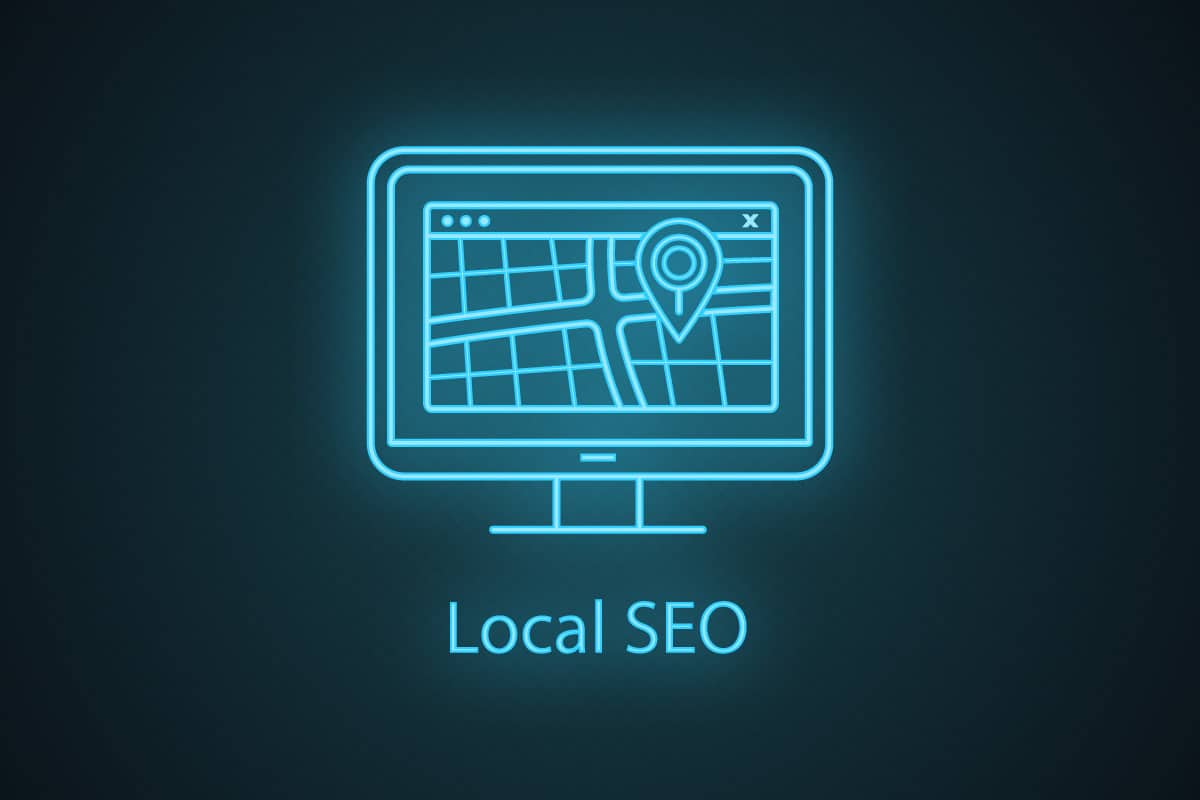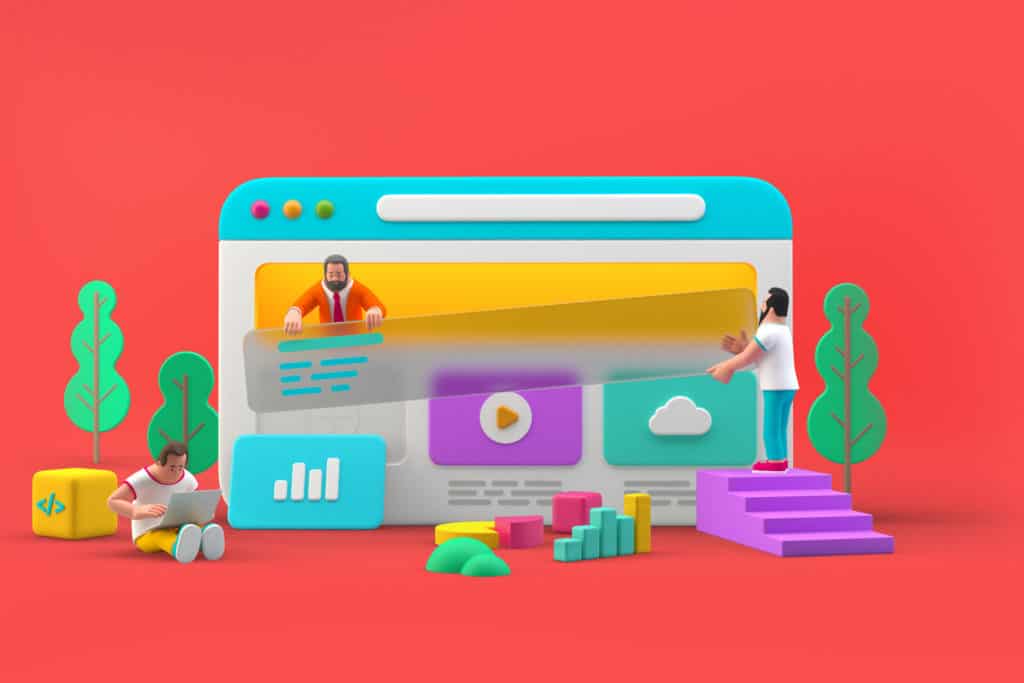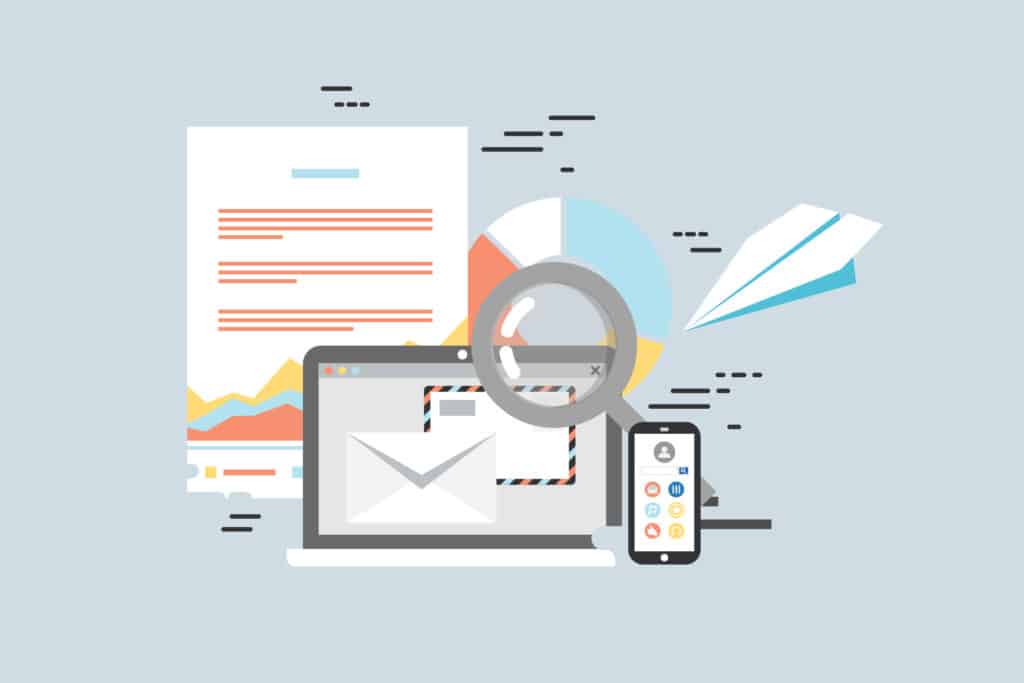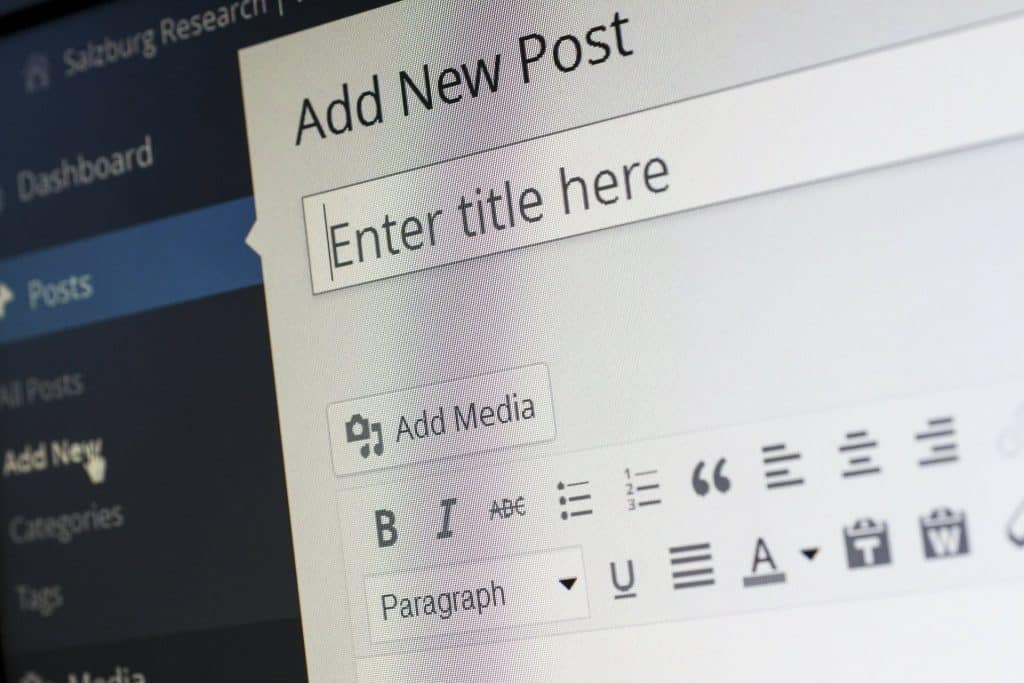According to recent studies, 76% of people who perform a local search visit a business within 5 kilometres of their search location.
It's statistics like these that emphasise the importance of not only being online but having a great local presence. Unfortunately, many small businesses miss out on this free advertising due to their lack of a local SEO marketing strategy.
Lucky for you, you won't be one of those businesses.
We've put together the ultimate guide for how to grow your business with a local SEO strategy. Follow along to discover the steps to take when looking to build your local search rank and skyrocket your small business.
What Is Local SEO and Why Is it Important?
If you aren't familiar with local SEO, you've come to the right place.
SEO stands for search engine optimisation. This marketing strategy is the process of improving your website to appeal to the search engine algorithm. This algorithm is what determines where you will rank on the SERPs (search results pages).
The reason having a great rank is important is that the higher you appear on the SERPs, the better chance you have of being found and capturing those online leads.
Of course, there are several steps involved in ranking well. To perform at its peak potential, your website will need to be optimised for crawling, indexing, and of course, human experience too.
When it comes to local SEO, the only difference is that the pool of competitors that you are dealing with. Instead of competing with a global pool of businesses in your niche, you'll narrow your approach to focus on reaching a local audience.
This strategy holds a number of incredible benefits including less competition and more accurate audiences. However, the reason local SEO is so important is that small businesses rely on physical visits from local audiences. At the end of the day, if 90% of your audience is never going to actually visit or make a purchase, they aren't benefiting your business.
Your Guide for How to Employ a Local SEO Strategy
Now that you know the difference between SEO and local SEO and why this strategy is so important, it's time to take action.
If you're ready to improve your local search rank and improve your small business marketing, here are the vital steps you need to include in your mission.
Improve Your Website
First things first, you'll need to put some work into your website to ensure it's optimised for search engines. Your website is the heart of your digital marketing strategy and in order to perform well, it must be in tip-top shape at all times.
Here are the areas to tackle:
Navigation and Usability
The Google algorithm is constantly making changes to improve user experience. One of these clever updates includes placing quite a lot of weight on your usability and experience.
In essence, this means your website needs to be optimised for people before it can be optimised for artificial intelligence.
Fortunately, as a human yourself, you've likely got a pretty good idea of what you like and don't like on a website. First on the list is easy and streamlined navigation. To achieve this, you'll want to ensure all of your important pages are simple to find and well-formatted.
If you sell products on your website, this easy navigation should also include simplifying your checkout process and reducing hangups that could cause your users to bounce.
Linking Structure
There are two major benefits to having a quality internal linking structure.
First, using well-placed links can help you draw your customers through your content and lead them through your sales funnel. This can result in better conversion rates and of course, increased sales.
Second, links are the path that Google bots follow to crawl your content. Crawling is when these bots gather information about your pages and file them into the index for future searches. However, in order to do this, these crawlers need to be able to find that content.
Linking to your pages within your site (especially from high-authority pages) gives these bots a clear path to find your content and put it to work. In addition, the anchor text you use to link to your internal pages can give the bots clues as to what your content is about for more accurate indexing.
Mobile-Friendly Design
Over half of your website hits now come from mobile devices. This means that your site's performance on a mobile device needs to be just as impressive and user-friendly as the desktop version.
In fact, mobile-first indexing now puts even more emphasis on the importance of mobile-friendly structures, media, and more.
When it comes down to it, not all of your content will look as good on a mobile device as it does on your computer screen. Take the steps to adjust your file formats, utilise mobile-friendly designs, and improve your navigation for these little screens as well.
Speed and Performance
If the tech side of website development intimidates you, this is a great place to get a little extra help.
Believe it or not, the loading speed of your website can not only impact your rank but actually deters users from getting to know your brand.
To improve your loading time and enhance your user experience, you'll want to improve your technical back end. A few ways to start this include utilising your above-the-fold content and ensuring all file formats are as optimised as possible.
Actionable Techniques
Finally, you'll want to fill in the little details to make your website as optimised as possible.
This includes but is not limited to:
- Customised URLs
- Title tags
- Headings and subheadings
- Meta descriptions
- Media titles and tags
- Content
Publicise Your Location
Once your website is in order, it's time to tackle local search results by making your location visible to Google.
There are a few easy ways you can do this.
First, ensure you have a contact page that includes your location. Beyond this, it's a great idea to list your location in your footer or include it on your main pages.
Next, you'll want to be sure that your Google My Business listing is updated and accurate to allow you to appear on Google maps. A fully optimised listing also improves your chances of making the Google 3-pack at the top of local search results.
From here you can tackle any other business listings you have and update your social accounts to include your service area. The more you can clearly show the search engine your local location, the better!
Adjust Your Keyword Approach
Next up is adjusting your keyword strategy to support your small business marketing plan. For local SEO, you'll want to include your location whenever possible in your keyword research. This not only reduces the amount of competition you have for that keyword but also improves your chances of showing up for those local searches.
For example, let's say you are a used car dealership located in Brisbane. If a user were to type in 'used car dealer Brisbane' would they be able to find you? These are the keywords you want to consider.
In addition to this, the rise of voice searches performed by Siri, Google Assistant, and more have influenced the keywords that make an impact. To account for this, you'll want to incorporate long-tail keywords with phrases your customers might ask their phone.
By localising your keywords and improving your research techniques, you'll have the ability to improve your content performance, meta descriptions, and more!
Start Producing Local Search Content
Now it's time to start producing high-quality content. By utilising your blog page to add value to your customers and target more keywords, you'll increase your chances of organic traffic by a shocking percentage.
To get the most out of your content, ensure you are using those location-based keywords and pumping your articles full of helpful information that's applicable to your brand.
This is your chance to let Google (and your users) know what you do and gain their trust.
The more customers you can get to your page and keep there, the more Google will start to recognise you as an authority and recommend you to their users. Beyond this, great content is a fantastic way to increase the number of shares your site receives and build your backlinking strategy.
Tackle Your Backlinks Strategy
On the subject of backlinking, let's talk about the importance of this small business marketing technique and how to master it.
Backlinking, just like internal linking, is a great way to improve the crawling of your website. In addition to this, links from reputable websites send a message to Google that you are a trusted site that deserves a higher rank. Of course, this can work in the opposite way as well.
If your site is being linked to by sketchy sites or blackhat techniques, it can diminish your worth and lower that precious score.
To target the local search market, you'll also want to ensure that you have a good amount of quality local links. To do this, we suggest getting out into the community and building some relationships. Trading links with other local sites, receiving press from a local online newspaper, and taking part in local events and fundraisers are great ways to build up these backlinks.
Build a Positive Reputation
Remember how we mentioned that Google prioritises user experience? Because of this, the things that other people are saying about you can actually hold a lot of weight to the algorithm as well.
The best way to take advantage of this is to get to work on your reviews.
Utilise your Google My Business listing to collect reviews from your customers and send those positive messages straight to the Google bots. Beyond helping you improve your local rank, this social proof will also help attract more customers to your business.
You see, reviews are just as good as personal recommendations to today's consumers. They want to see user-generated content that proves you not only know the right things to say but actually can back it up with your products or services.
After all, who would choose a business with poor or even no reviews on Google over a 5-star performer?
Stay Up to Date
Last but certainly not least, you'll need to ensure your platforms are always up to date.
SEO isn't a set it and forget it kind of technique. To get the most out of this strategy, you'll need to continually be producing content, updating your pages, and keeping up with the latest algorithm changes.
This is a large time investment, but marketers and small businesses alike will agree that having a strong SEO marketing campaign is invaluable when it comes to how to grow your business.
If committing this much time and energy to research and development of your local SEO approach isn't an option, consider outsourcing this task to an expert. Not only can they keep your site performing well, but they'll have the know-how to attack those more challenging techniques and collect impressive results.
Build Your Small Business Online
Now that you know how to utilise local SEO to improve your small business marketing, we're confident you'll start seeing the results you deserve. With these tips and tricks, there's no reason to neglect your digital marketing strategy for another second.
Ready to skyrocket your success but don't have the time to action this local SEO guide? Get in touch with us today to partner with the best marketing professionals to build your business and start reaping the benefits fast!

